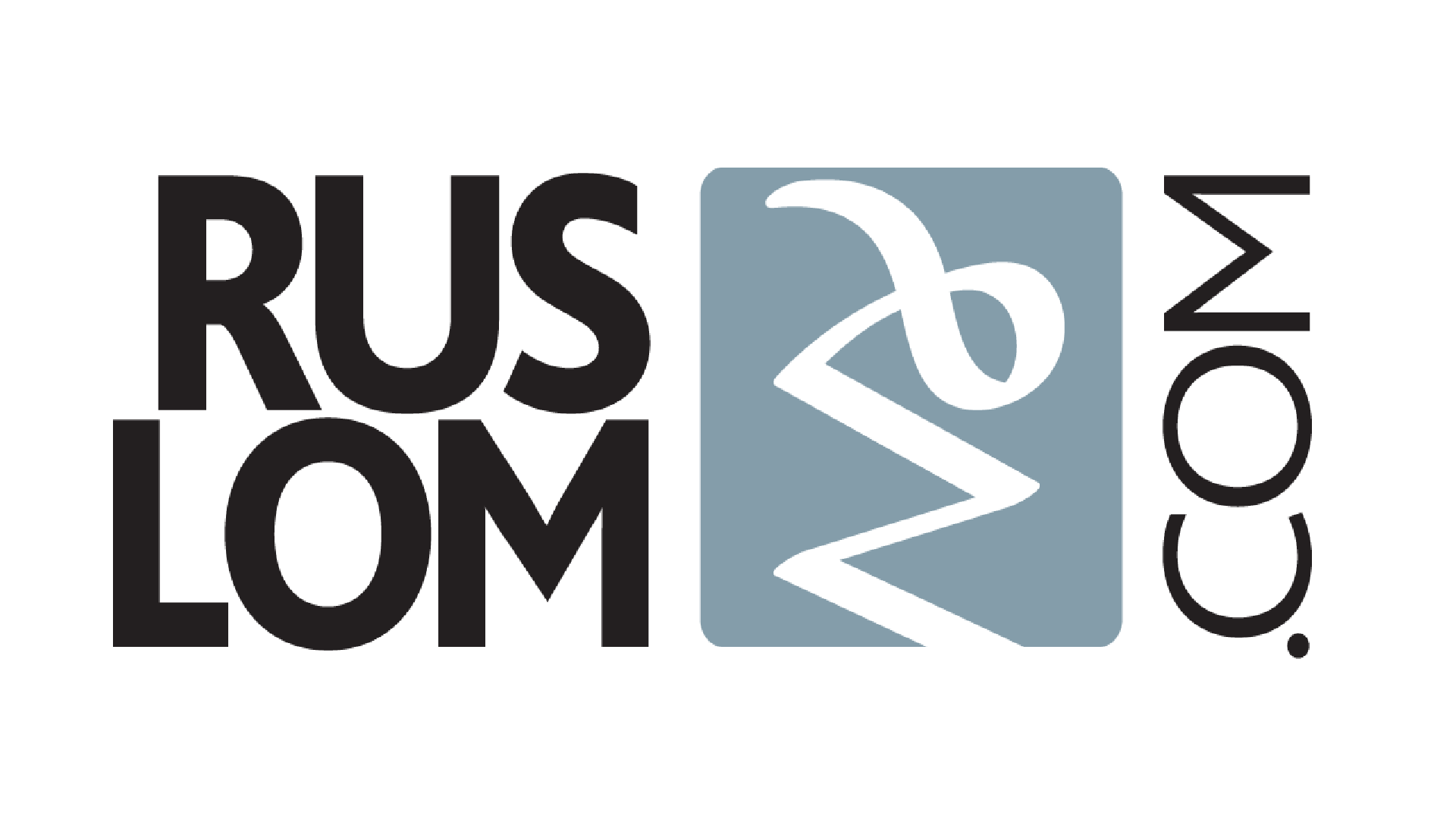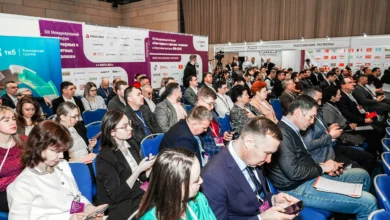In February 2023, the Association RUSLOM.COM and Rusmet Rating Agency successfully organised a business mission of Russian scrap processing and metallurgical industries representatives to India.
One of the core events of the mission was the 10th International Material Recycling Conference 2023 (IMRC-2023), held from 3 to 4 February at the Grand Hyatt Kochi in Bolgatty, Kerala. Its key objective was to establish partnership between Indian and international recyclers, present business interests, technologies, services, and innovations, discuss prospects for the development of the industry and the economy. The Russian delegation became the sixth in number of participants at this major international business forum.
As part of the conference programme, RUSLOM.COM, along with the international associations MRAI, ISRI, EURIC, and BMRA, took an active part in the session “Global Scrap Trade: a victim of politics?” The experts discussed the role of export-import relations in balancing supply and demand in the global scrap market, as well as the impact of foreign trade relations on sustainable development processes, the environment, and reducing the carbon footprint. Notably, the speakers unanimously highlighted scrap collecting and recycling as one of the most significant steps in achieving a circular economy.
Other key sessions at IMRC-2023 were: “Vision 2030: prospects and challenges for the secondary steel sector”, “Non-Ferrous Metallurgy: challenges and opportunities” and “Circular Economy Policy: investment and opportunities”.
The event was attended by around 2,000 delegates and 79 exhibitors from the recycling industry from 39 countries. The conference was organised by the Material Recycling Association of India (MRAI).
Founded in 2011 as the Metal Recycling Association of India, MRAI has rapidly evolved into a full-fledged multi-sectoral recycling association with the support of the national government, which has mandated it to address recycling issues beyond just the metals sector. MRAI currently has over 1,200 members involved in the recycling of goods including metals, plastics, paper, waste and electronic waste, tyres and rubber, glass, vehicles, construction and demolition, and water treatment.
The business mission programme continued with visits to major metallurgical and scrap processing companies for active business networking and exchange of experience.
On 6 February, the delegation visited Heena Metal Ltd in the Mumbai region. The company has been active in the market for over 25 years, producing semi-finished and finished copper, aluminium and lead products.
The next point was one of the plants of the MTC Group company, India’s leading scrap metal recycler, located in the city of Pune. The company specialises in end-of-life vehicle scrap, processing more than 15,000 tonnes of metal each month for supply to the smelting facilities of Indian car manufacturers: ASHOK, TATA, MAHINDRA and others. Interestingly, the raw material for recycling comes only from legal entities and on a non-cash settlements basis.
The company has two vehicle dismantling centres in Delhi and Gujarat; MTC plans to launch lithium battery recycling in 2023 and participate in the development of 20 recycling zones across the country under the government programme. In total, MTC Group’s scrap recycling volume exceeds 2 million tonnes per year.
On 7 February, the business mission continued in Mumbai with a round table discussion between RUSLOM.COM and MRAI delegates on the development of international cooperation. The key issues of the event were: export-import potential; technologies in recycling and metallurgy; trends in government policy; assistance of industry associations to business partnerships.
At the end of the mission the Russian delegates flew to Chandigarh for a visit to the cluster of metallurgical plants in Mandi Gobindgarh. The uniqueness of the place is due to the fact that almost the entire economy of the city is linked to metal and related industries. The cluster is home to about 200 steel rolling mills, which serve 25% of the secondary steel market in India.
The Association’s business mission ended with a visit to the Jogindra Group’s mini-metallurgical plant and Ambica Steels stainless steel production facility, which extensively uses scrap. India’s experience in this area is interesting because the country produces about 3.5 million tonnes of stainless steel per year, which is 18 times more than Russia does.
The delegation members learned a lot of useful information, exchanged experience, and made one more step on the way to developing foreign economic cooperation between Russia and India.




